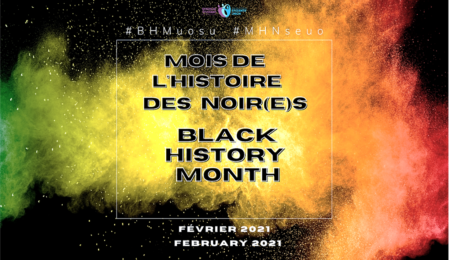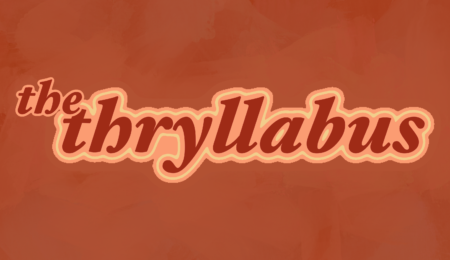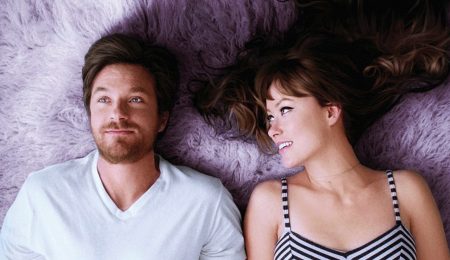Why it’s famous:
Perhaps one of the most popular musical fantasy features and most-loved American films of all time, The Wizard of Oz is known for its innovative use of bright Technicolor. It remains a delightful and touching piece of American cinema, still adored to this day.
Why you haven’t seen it:
This movie is often dismissed as a children’s movie. You figured you had better things to do than devote your time to a kid’s film about an innocent girl and her dog in a dream-like world with creepy Munchkins.
Why it might be tough to get through:
If you’re not a Broadway enthusiast, the musical aspect of this movie, although not as hive-inducing as others, can get a little irritating. The not-so-subtle life lessons can feel a bit patronizing at times as well.
Why you should see it anyway:
Not only is this an unavoidable movie for every child having grown up on this continent, it’s also profound and has had a vast cultural impact not only on the world of American film, but also on the LGBT community, having become a symbolic celebration of acceptance and community.
Famous lines:
Dorothy: Toto, I’ve a feeling we’re not in Kansas anymore.
Dorothy: There’s no place like home.
Dorothy: How do you talk if you don’t have a brain?
Scarecrow: Well, some people without brains do an awful lot of talking, don’t they?
Fun Facts:
- Many of the Wicked Witch of the West’s scenes were either trimmed or deleted entirely, as Margaret Hamilton’s performance was thought too frightening for audiences.
- Judy Garland had to wear a painful corset-style device around her torso so that she would appear younger and flat-chested.
- The Scarecrow face makeup that Ray Bolger wore consisted of parts of rubber prosthetic with a woven pattern to suggest a cloth-like fabric. By the time the film was finished, the prosthetic had left a pattern of lines on his face that took more than a year to wear off completely.





